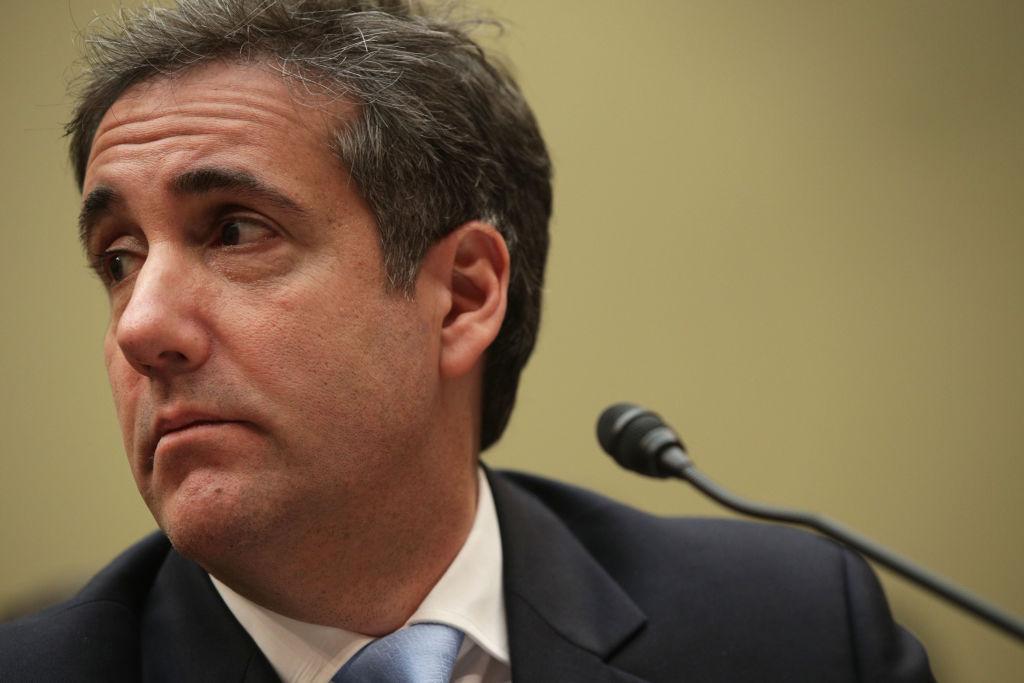“The head of the executive branch wielded his power to have one of his critics silenced, thrown back into prison, and kept in conditions dangerous to his health,” Cohen’s lawyers wrote in a 30-page brief filed with the 2nd U.S. Circuit Court of Appeals in Manhattan on Monday.
Cohen was Trump’s attorney from 2006 to 2018 and was a vice president of the Trump Organization. He was sentenced to three years in prison in 2018 for federal charges related to campaign finance violations. He reported to prison in May 2019.
The attorney was released from prison to serve his term in home confinement in May 2020 amid the COVID-19 pandemic. He was thrown back in prison on July 9, 2020, after speaking publicly about an agreement that barred the publication of his book, “Disloyal,” which contained criticism of Trump.
Another judge ruled 16 days later that Cohen may be released from prison and serve time in home confinement, finding he had been targeted with retaliation. Cohen’s prison term was completed in November 2021.
He filed a complaint in December 2021 against Trump, former U.S. Attorney General William Barr, and Bureau of Prison officials, alleging that he was thrown back to prison in early July 2020 because the Trump administration retaliated against him for speaking about his book.
In November 2022, U.S. District Judge Lewis Liman, a Trump appointee, dismissed Cohen’s lawsuit. The judge reasoned that Supreme Court precedents did not support Cohen’s complaint. However, Liman said his decision did “profound violence” to Cohen’s constitutional rights.
“Cohen’s complaint alleges an egregious violation of constitutional rights by the executive branch—nothing short of the use of executive power to lock up the President’s political enemies for speaking critically of him,” Liman wrote in his ruling.In their Monday filing, lawyers for Cohen alleged that the judiciary has a responsibility to remediate the harm done by Trump and his subordinates. They requested that the appeals court reverse the District Court’s order of dismissal and return the case to the District Court for further proceedings.





